Before you make the decision for any kind of plastic surgery, you want to make sure you’re a good candidate for that procedure. But how do you know if you’re a good candidate? One factor that cosmetic surgeons look at is Body Mass Index (BMI). In this article we will discuss what BMI indicates, how to calculate your BMI, and how to use this measurement to decide between two popular procedures: liposuction and tummy tuck.
If you’re ready to meet with a physician to discuss your fat removal options, please click the button below to schedule a consultation with a NuBody Concepts board-certified plastic surgeon in Nashville or Memphis. To learn more, read on!
What to Know About BMI and Tummy Tucks
What Is Body Mass Index (BMI)?
Body Mass Index (BMI) is a measure used to assess whether a person’s body weight is healthy in relation to their height. In the United States and other countries that use the imperial system, BMI is calculated using pounds for weight and inches for height:
BMI = (weight(lbs) / height(in)^2) x 703
For those using the metric system, the formula is as follows:
(BMI = weight(kg) / height(m)^2)
BMI provides a rough estimate of body fat content and helps categorize individuals into different weight categories:
- Underweight: BMI less than 18.5
- Normal weight: BMI between 18.5 and 24.9
- Overweight: BMI between 25 and 29.9
- Obesity: BMI 30 or higher
It should be said that everything doesn’t hinge on your BMI. While BMI can be a useful and quick way to determine one’s health, it doesn’t take into account muscle mass, body composition, genetics, or short-term factors affecting weight (like pregnancy). Moreover, there are several factors a plastic surgeon will consider when evaluating a prospective patient. It would be misguided to base the decision on one single factor. During a consultation, the doctor will want to know if you’re generally in good health, whether you are a smoker or non-smoker, and what expectations you have about your outcome.
Non-smoking and good general health are always indicators for fewer complications during any kind of surgery, which of course is preferable. And your expectations are important so the surgeon can gauge whether you will be happy with the outcome. When a patient has unrealistic expectations that are impossible to achieve, undergoing surgery will only lead to frustration later.
However, looking at a person’s BMI is a good approximation to determine if – and which – cosmetic surgery is warranted.
What to Know About Liposuction and Tummy Tucks
Liposuction vs Tummy Tuck
Let’s start by looking at one of the main targets of cosmetic surgery: the abdomen. It just seems so hard to have a flat belly, and diet and exercise alone often don’t work. What does work is using cosmetic surgery to remove belly fat and/or excess skin. It can be best achieved with liposuction (which there are various techniques for) or with a tummy tuck. Which one is preferable?
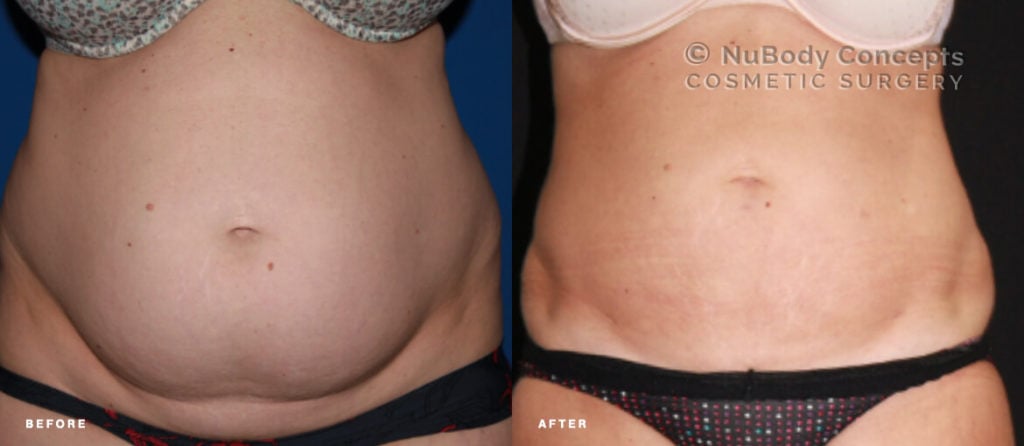
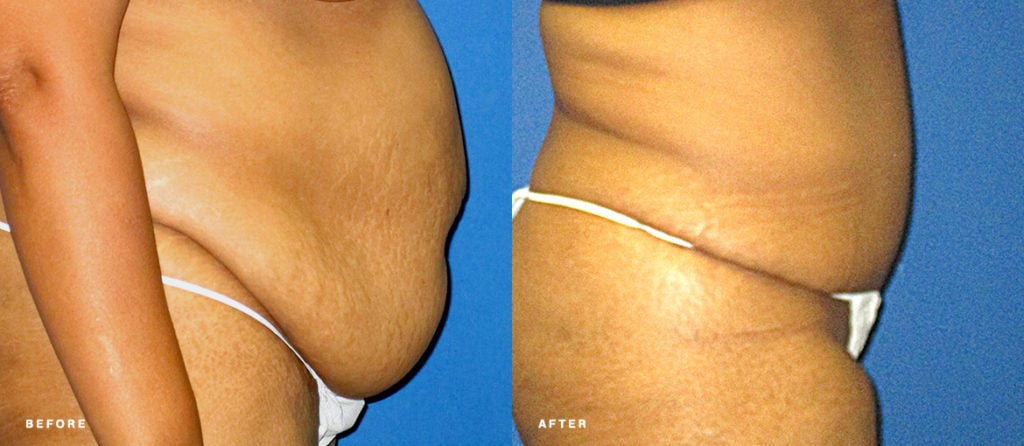
In most cases, it comes down to which of the two you’re a better candidate for. Younger patients and women who haven’t gone through pregnancy and childbirth tend to have more elastic skin. This helps the skin shrink back once the fat is removed with liposuction. Older patients, patients who’ve experienced drastic weight loss, or women who’ve had one or more children tend to have saggier skin that won’t shrink back even when fat is removed. Such patients will need a tummy tuck to remove the excess skin.
A plastic surgeon can help you choose the right procedure after a personal evaluation. However, it can be frustrating to spend time and money on a consultation only to find out that you’re not a good candidate for what you have in mind.
How to Calculate Your BMI
One of the quickest ways to know whether liposuction or a tummy tuck is best for you is to calculate your Body Mass Index or BMI. Measuring the BMI is an easy screening method to categorize a person by weight, from underweight to healthy, overweight, and obese. As discussed, it is a simple calculation based on your height and weight. Rather than do the math yourself, though, we’ve made it easy with our BMI Calculator.
So what’s your BMI? Let’s find out!
Guide to Using BMI to Select the Best Cosmetic Surgery
BMI calculated in this way does not measure body fat directly. However, it has enough correlation with more direct measures of body fat that it can be a useful indicator. And the great news is that you didn’t have to see a plastic surgeon to figure it out. In fact, you didn’t even have to get up from the sofa!
And now, for the results.
If Your BMI Is Under 30:
Congratulations! If your BMI is below 30, you are a good candidate for any kind of cosmetic surgery. Again, this doesn’t mean a plastic surgeon will invite you into their OR sight unseen. He or she will still want to evaluate you personally to rule out possible complications based on health issues, medications, smoking, etc.
But generally, a BMI under 30 is good news. In addition, it is especially well suited for minimally-invasive procedures such as liposuction and skin tightening. With your BMI, you are likely to see good results from both procedures. Liposuction will take care of your extra fat pockets, and adding BodyTite will help you tighten that skin even more.
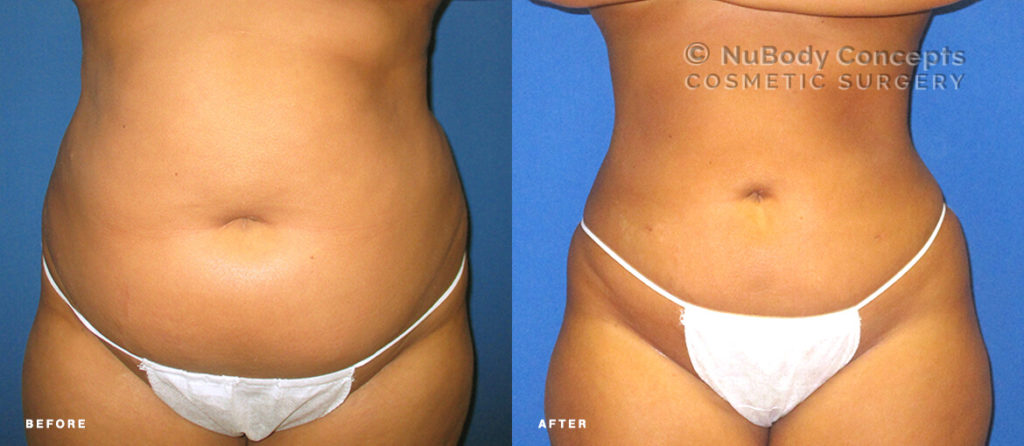

If Your BMI Is Between 30 and 35:
With a BMI between 30 and 35 you may still qualify for liposuction, but you are likely to see much better results from a tummy tuck. Your overall weight is still low enough that you’re not likely to experience too many complications during surgery. This is good news. But your weight is high enough to indicate that your abdominal skin has been stretched quite a bit. With those numbers, it is very likely that you will experience moderate to severe sagging after the belly fat has been removed. You might go down a pant size or two, but you won’t like the way your tummy looks.
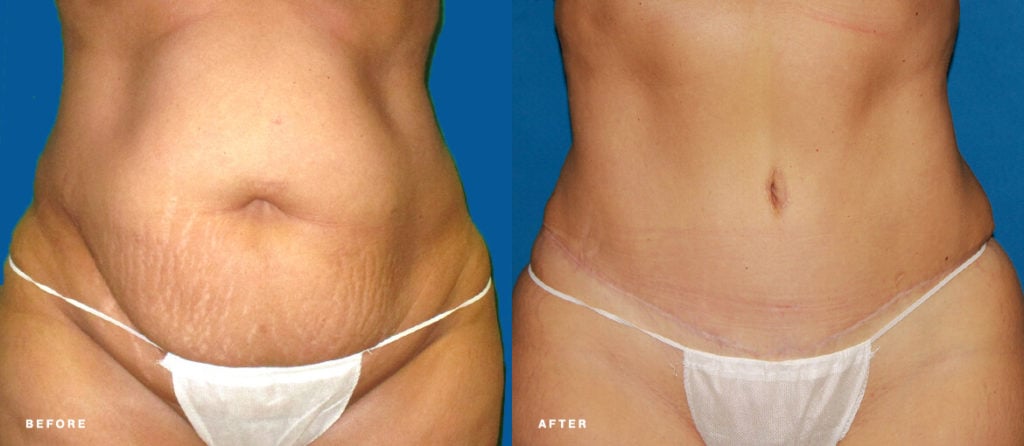
If Your BMI Is 35-40:
While you may not qualify for tummy tuck surgery, you are a candidate for the Orbera Weight-Loss Balloon as long as your BMI is under 40. It requires a little bit of time – 6 months, to be precise – but most patients see excellent long-term results from it.
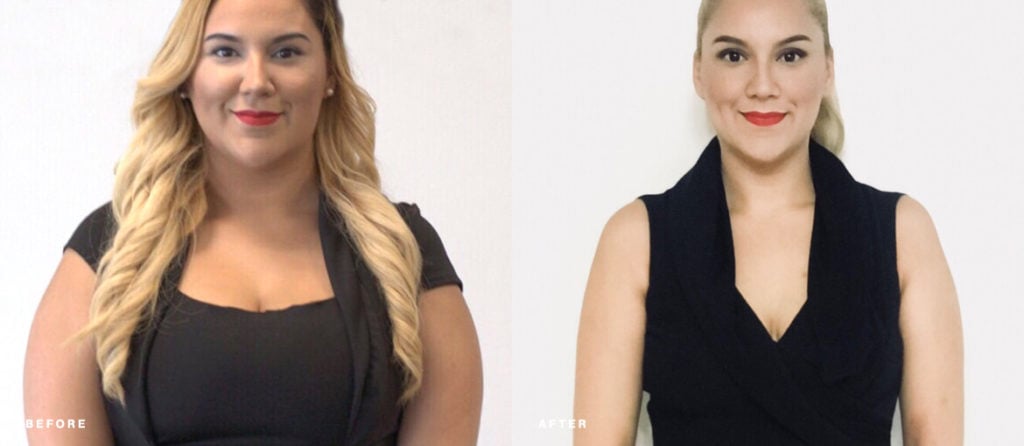
If your BMI is over 40:
Unfortunately, you are not an ideal candidate for liposuction, tummy tuck, or gastric balloon. Your best option is to reduce your weight with diet and exercise, or with semaglutide weight-loss injections.
We hope we’ve helped you understand how to calculate your BMI to get a better idea whether liposuction, a tummy tuck, or even a weight-loss balloon is the right procedure for you. If you are ready to get started, use the pink button to schedule a consultation with our board-certified plastic surgeon in Nashville or Memphis.
With NuBody Concepts, you can achieve the body you’ve always desired. Check out our liposuction before and after photos to see proof of our work, or schedule a consultation today to learn how NuBody Concepts can help you achieve stunning liposuction results.

The NuBody Concepts Cosmetic Surgery & MedSpa team would like to thank our patients for choosing our surgical, skincare, and weight-loss services at our Tennessee practices in Nashville and Memphis. With your continued support and reader participation, we were again named the #1 plastic surgeon in the Best of Music City, Best of Williamson, and Memphis Most awards for 2024, adding to our multiple consecutive awards since 2020. Thank you!












